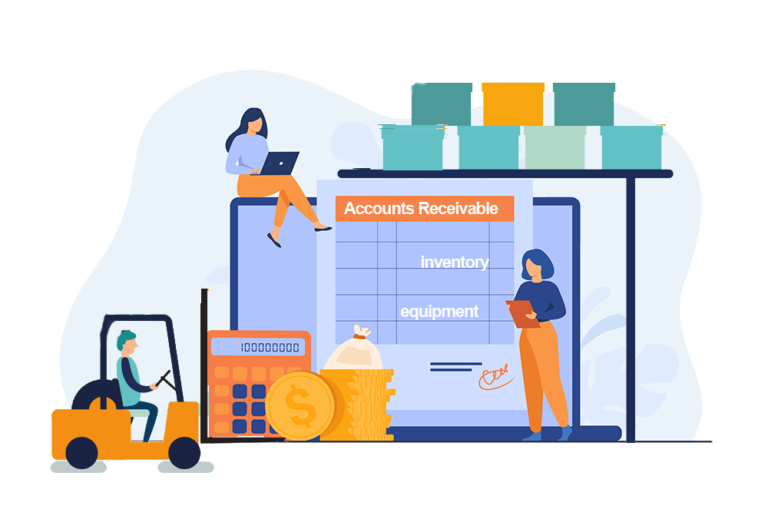Refinancing your home loan can be a savvy move in Brisbane’s ever-changing property scene. Whether you’re chasing lower repayments, a shorter term, or tapping into your home’s equity, knowing the right moment lets you steer your mortgage in line with your bigger money goals. But take note-timing matters.
Move too early and you waste cash on fees that outweigh the gain. Delay too long, and a small slip could cost you thousands in missed savings. So, how can you tell if today is the sweet spot for refinancing your Brisbane loan?
What is refinancing?
At its core, refinancing means swapping your current mortgage for a fresh one, and that new deal can come from the same bank or a different lender. That replacement loan might carry a sharper interest rate, include better features, or simply match the terms your budget now prefers.
1. Your rate is off the pace
If you secured your loan more than twenty-four months ago, odds are the rate you locked in has since been eclipsed by deals touted today. New borrowers often grab lower rates marketed to capture their business, while loyal customers are quietly parked on the higher retention rate. You can also take help from mortgage brokers Brisbane.
When to refinance:
Look at switching when a new interest rate sits at least 0.5% below your current deal. On a £400,000 mortgage, that drop could slice more than £1,000 off your yearly bill.
2. You Want to Reduce Your Monthly Repayments
Major life shifts- starting a family, losing income, taking on new costs- can squeeze your budget. Refinancing gives you breathing room by stretching the loan term or swapping in a cheaper rate, so payments fall.
3. You’re Planning to Renovate or Invest
Brisbane’s rising markets have boosted equity for lots of owners. Tapping that equity through refinancing lets you fund a facelift, buy a second home, or roll expensive debts into one cheaper loan.
You can request a top-up or choose a cash-out refinance, with lenders normally allowing up to 80% of the home’s value without pricey Lenders Mortgage Insurance.
4. Your Loan Doesn’t Suit Your Needs Anymore
Careers, goals, and family plans move fast, and your mortgage should keep pace with them. If your current loan lacks flexibility—such as a compensate account, redraw ability, or the ability to form extra repayments—it may be time to switch.
When to refinance:
If your monetary goals have shifted, expect a loan that aligns accompanying them. This could involve splitting your loan, fixing your interest, or selecting a lender with better digital aids or customer support.
Conclusion
Refinancing your home loan in Brisbane may be a powerful practice to reduce costs, unlock impartiality, and improve loan flexibility—but only if done at the exact time. Regularly reviewing your mortgage accompanying a trusted guide or mortgage broker Brisbane ensures you’re not repaying more than you need to. And helps you stay on track with your unending property goals.
If it’s been more than two years since your last review, now may be the perfect time to explore your refinancing alternatives.





